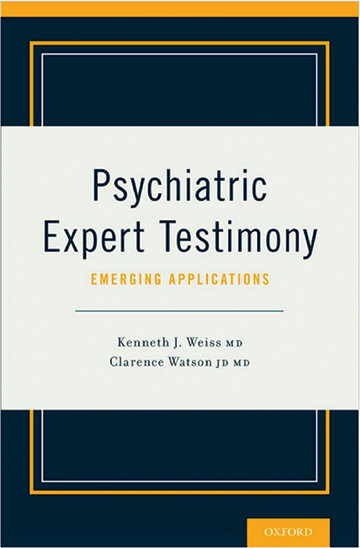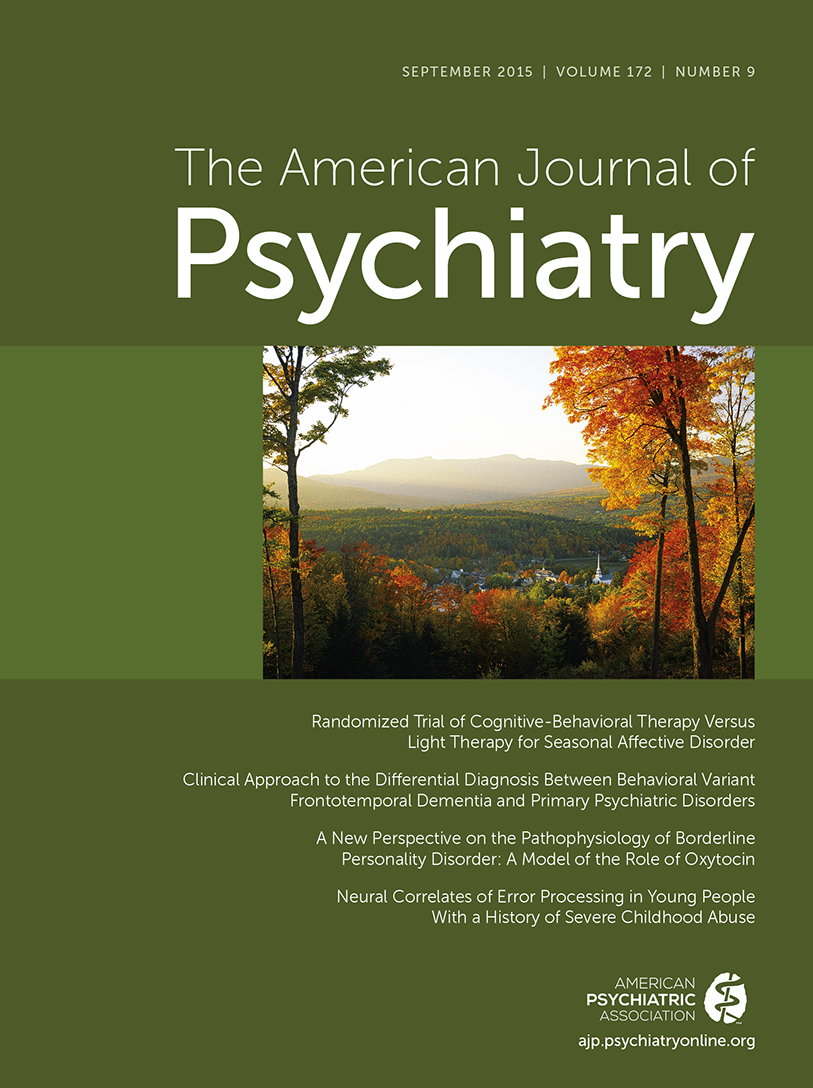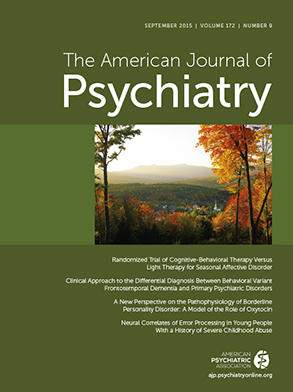Medical science is a moving target. The rate of emerging scientific knowledge regarding the human brain and its operations is staggering. Very few, if any, of us are able to keep up with the totality of scientific publications describing the latest findings spanning the human brain, methods for examining it, and the converging clinical implications. Individual efforts to keep up will almost certainly be outpaced by the collective productivity of investigators across the globe. In short, we all need some help. This is particularly true for the forensic practitioner, as medicolegal matters are apt to feature early and controversial applications of emerging scientific theories and technologies, sometimes long before they meaningfully feature in routine clinical practice. The psychiatric expert witness needs an up-to-date knowledge base to facilitate both appropriate applications of emerging science and the ability to recognize questionable transgressions. In Psychiatric Expert Testimony: Emerging Applications, Weiss and Watson offer a much-needed synopsis of commonly encountered emerging issues in forensic psychiatry.
The text consists of 10 chapters spanning very different topics, including general legal principles of expert testimony; developmental implications for criminal culpability; child sexual abuse investigation; the effects of trauma and adverse experiences on the developing brain; autism spectrum disorders and criminal justice; functional magnetic resonance imaging (fMRI) for lie detection; sleep disorders and criminal justice; neuroimaging and criminal culpability; chronic traumatic encephalopathy; and designer drugs and criminal responsibility. While most readers will probably find some content that falls outside their niche of practice, all will encounter much by way of content that is directly pertinent to their practice of forensic psychiatry.
There are several excellent chapters, and the one on fMRI for lie detection by Octavio Choi is among them. Like most of the topics covered in the text, the subject is one that warrants both respect for powerful technology and impressive progress in terms of research findings, and consideration for persisting limitations and many unknowns. An interesting historical perspective on fMRI in the courtroom is offered, starting with the ground-breaking 2009 capital case of Brian Dugan. Progress in research laboratories is described, with some very impressive results in controlled investigations of fMRI lie detection reported. But these compelling research findings are presented in concert with problems surrounding ecological validity. Research participants and the lies they tell under controlled conditions are certainly different than actual forensic populations and their prevarications. Does a paradigm effective for lie detection among healthy controls with little emotional valence associated with untruthful statements work in the setting of a heavily invested criminal defendant with antisocial personality disorder?
Given the contemporaneous nature of the emerging topics covered, the appropriate audience broadly spans both experienced forensic psychiatrists in need of an expedient update in a particular area, and trainees or others uninitiated to medicolegal practice looking to build a broad-based foundation. All will appreciate the forensic orientation and the high-yield chapters that efficiently deliver considerable volume and depth of information. Many chapters will undoubtedly compel readers to undertake more in-depth exploration of a particular topic. Topics are quite diverse, and most readers will bring variable degrees of familiarity and comfort to the different chapters. The authors do an excellent job of presenting information in a fashion that is both accessible and sufficiently detailed to be of real utility.
Inherent to the charge of presenting controversial topics is controversy. Opinions do vary regarding when and if a particular scientific theory, technique, or technology is sufficiently developed to be of evidentiary value, and there is certainly some latitude in terms of viable positions. The authors generally do a very good job of presenting exciting scientific discoveries with warranted enthusiasm while simultaneously articulating the limitations of our knowledge about how to apply new science to medicolegal inquiries addressing specific individuals and/or behaviors. The content by and large strikes a much-needed balance when presenting material on topics that can be quite divisive. All said, Psychiatric Expert Testimony represents an informative and enjoyable text that will enhance the practice of forensic psychiatrists who read it.


